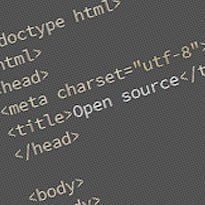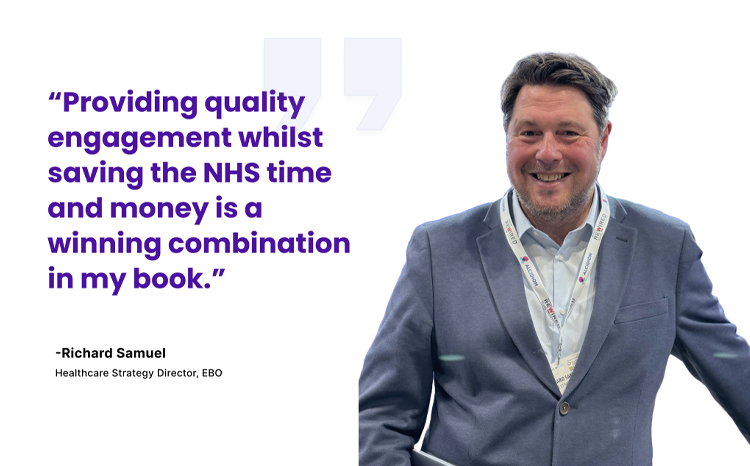Open source survey launched
- 28 July 2014

The second edition of a survey about open source within the NHS will help to measure how attitudes towards its use are changing following NHS England initiatives, its creator has said.
The survey is being conducted by John Pyle, an open source consultant for NHS England, as part of his MSc thesis at the University of Leeds.
Pyle said he is running the survey to gauge attitudes to open source from NHS and health informatics professionals, following his work with NHS England.
“I felt as though open source systems offered more opportunities to align the values we wanted to get out of the software, and yet this wasn’t taking off anywhere in the NHS.
“I thought it was quite easy to be one of those people on the outside saying, ‘Why don’t they understand open source?’, but it’s better to think about what is stopping people from taking it on, and how we can address those concerns.”
The survey includes questions about people’s personal attitudes to risk and the speed of implementation, the perceived strengths and weaknesses of open source and proprietary solutions, and their overall preference regarding open source.
Pyle initially ran the survey in the summer of 2013, receiving 134 responses.
However, he decided to re-run the survey following the launch of NHS England’s open source programme and technology fund, due to their emphasis on open source solutions.
“What they were doing was exactly aligned with what I was trying to do with the survey, so it somewhat undermined the validity and timeliness of the data.
“I thought if I re-ran the survey now, it would not only give me more up-to-date information, it would allow me to compare what has changed since this time last year.”
Pyle said one of the key issues identified in the first survey was the lack of availability of open source options during the procurement process.
There also appears to be significant polarisation between those supporting open source and those opposing it.
Pyle said the results of the survey will be written up for his master’s thesis, and he plans to submit an article on his findings for publication in an academic journal.
He also plans to share his findings with NHS England, with the hope of providing suggestions on how concerns about open source can be addressed more effectively.
“I’m passionate about not having an argument and saying, ‘We’re right, you’re wrong’, but talking to people who are anti-[open source] and trying to understand how they feel the way they do, because they’re often the people making decisions.”
Pyle said responses to the survey are completely anonymous.




